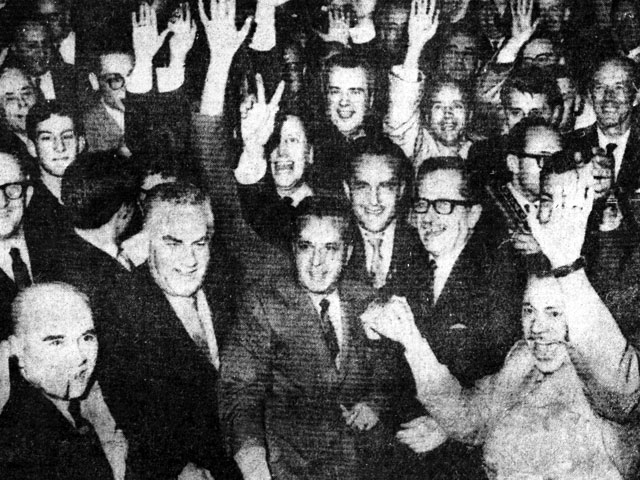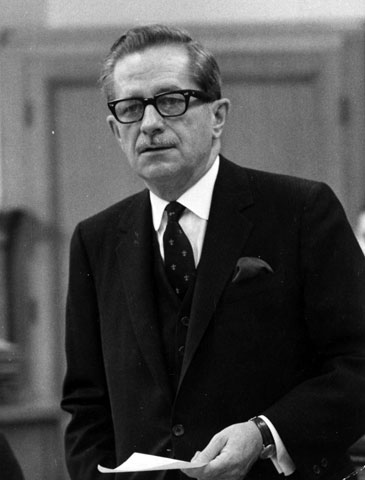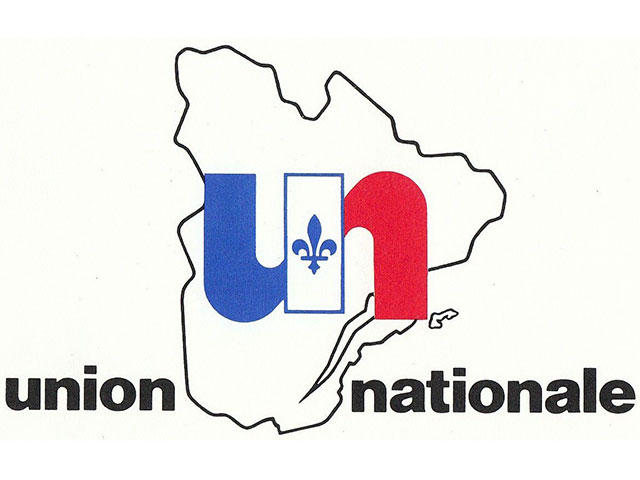Secondary Navigation Menu
Home > Events > The New Role of the State > The Elections of 1966: the Return to Power of the Union nationale
The Elections of 1966: the Return to Power of the Union nationale
The Wind Changes Directions
In 1962, Premier Jean Lesage made the nationalization of electricity an electoral issue in Quebec... and his gamble paid off. Four years later he resorted to a similar strategy. This time, he sought popular support from the population of Quebec in the imminent battle with the federal government on the delicate issue of new tax-sharing. Lesage was confident that Quebecers would bring him to power a third time. However, the situation was different from the situation prevailing in 1960 and 1962. The strong united front presented by the Liberal Party during the first two elections had disappeared. Star MLAs René Lévesque and Paul Gérin-Lajoie remained withdrawn. As impressive as they were, the reforms carried out by the Liberal government since 1960 were also extremely costly. Consequently, the public debt had more than doubled in Quebec within the span of a few years. Lesage was nicknamed "Ti-Jean la taxe" (Little-John, the taxman). Likewise, the Liberals were accused of wanting to banish the crucifix from schools after some of the recommendations in the fourth volume of the Parent Report on education were made public.
A Tug at Heartstrings: the Affirmation of Quebec
The Union nationale, the Liberal Party's major adversary, had drawn lessons from its defeats in 1960 and 1962. It was re-organized and rejuvenated, and its leader, Daniel Johnson, appeared more confident. His slogan during the 1966 campaign was "Québec d'abord" (Quebec first) and his program focused in part on the affirmation of Quebec.
To the surprise of many, starting with Jean Lesage himself, the Union nationale won the June 5, 1966 elections with a lower percentage of suffrage than the Liberal Party (40.9% for the Union nationale and 47.2% for the Liberals. However, given the electoral map breakdown, the Union nationale obtained 56 of 108 seats, bringing it to power.
Many questioned whether the election of a Union nationale government would mean a step backwards. On the subject, Jean Lesage, now leader of the opposition, declared that he would see to it that the Quiet Revolution continued. But he need not have worried, because Daniel Johnson took up where he had left off.





